All the big laptop makers are embracing Qualcomm's Snapdragon X, here are all the 'PC reborn' models available for pre-order now
There's something about you, Snappy.
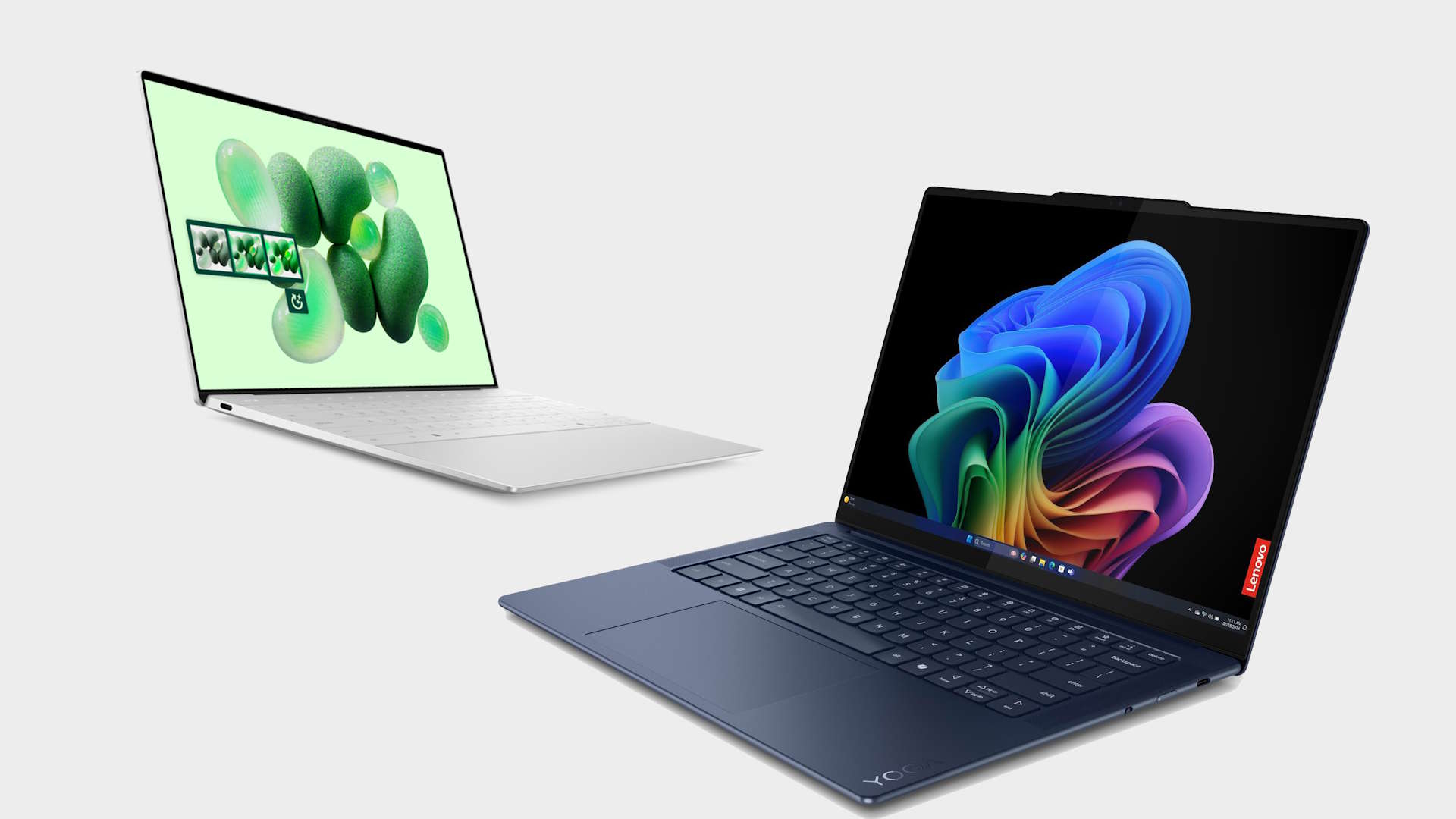
The launch of Copilot+ AI PCs has been made possible due to the performance on offer from Qualcomm's Snapdragon X-series processor family. Focusing on the NPU and AI performance does Qualcomm a disservice, though. Admittedly, we'll have to get devices in hand to truly judge their level of competitiveness, but the early signs look good, and Intel and AMD should be wary of their new PC competitor.
Performance isn't everything, and though the class leading NPU and AI performance at up to 45 TOPS is being shouted about, the long battery life of the platform is a major contributing factor leading to all the major laptop makers boarding the Snapdragon X-series train. Qualcomm is touting the new non-x86 chips as "The PC reborn" and that is indeed what it's calling its Computex keynote on June 2, too.
According to Gartner, the top 6 laptop manufacturers in the world are Lenovo, HP, Dell, Apple, Asus, and Acer, in that order. We can exclude Apple, obviously, but it's somewhat surprising to me that the other five are all planning laptops with either Snapdragon X Elite or Snapdragon X Plus processors.
That says there's a lot they like about the platform to jump in to the new non-x86 Windows platform in its first generation. And, with Computex now a matter of days away, we can expect to see more models, and a broad showcase of the strengths and weaknesses of the platform.
Acer
Acer Swift 14 AI
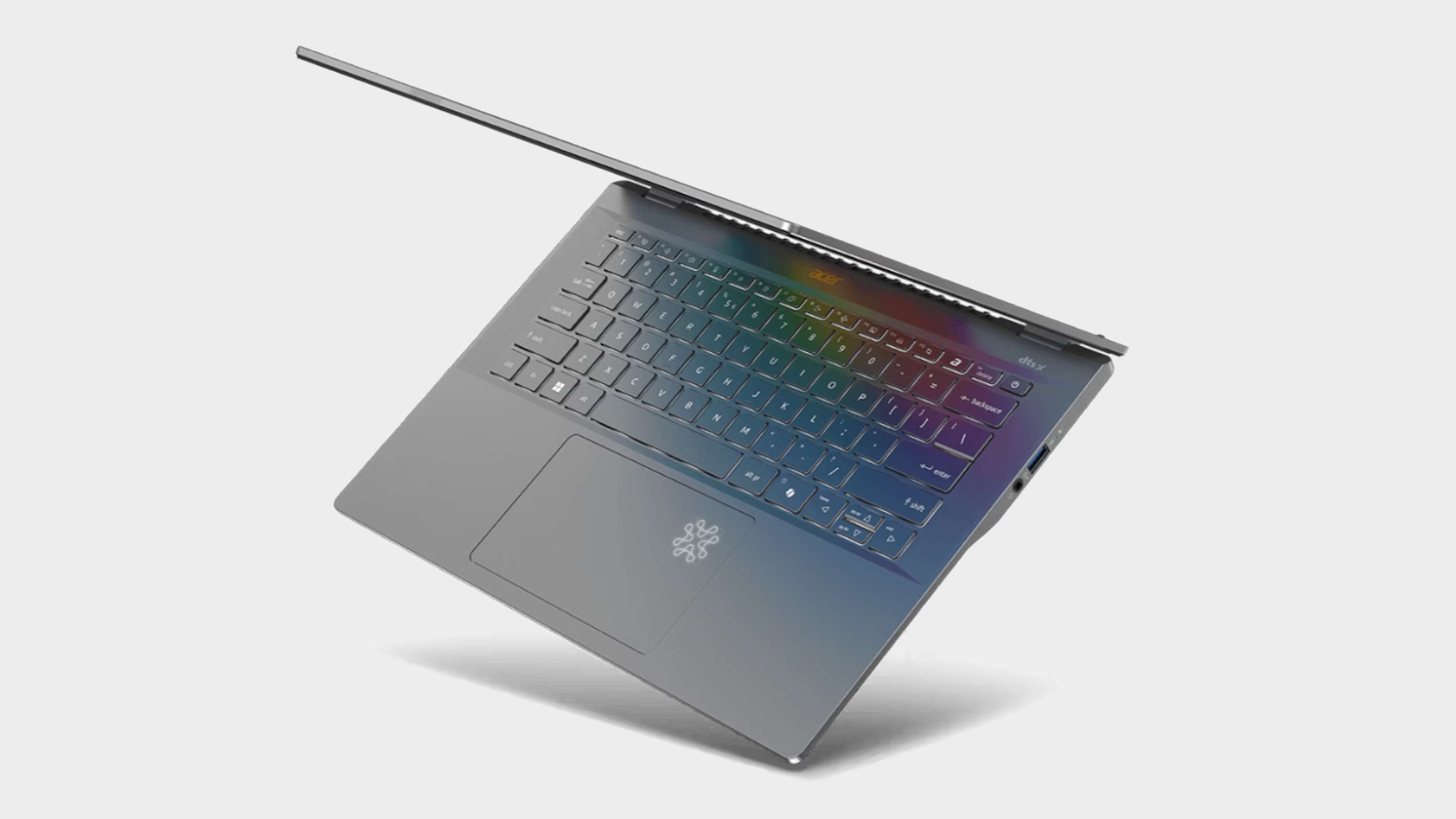
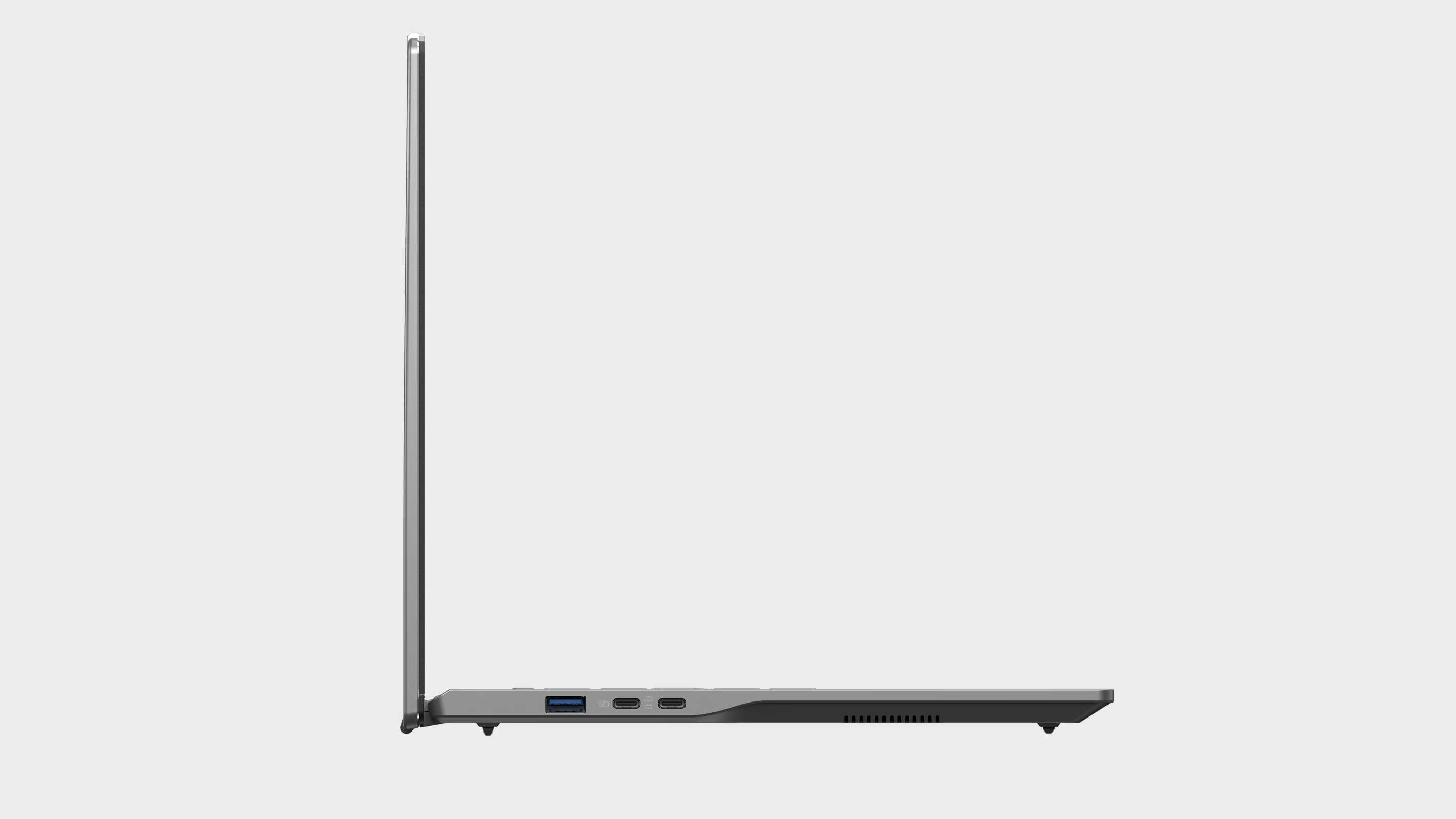
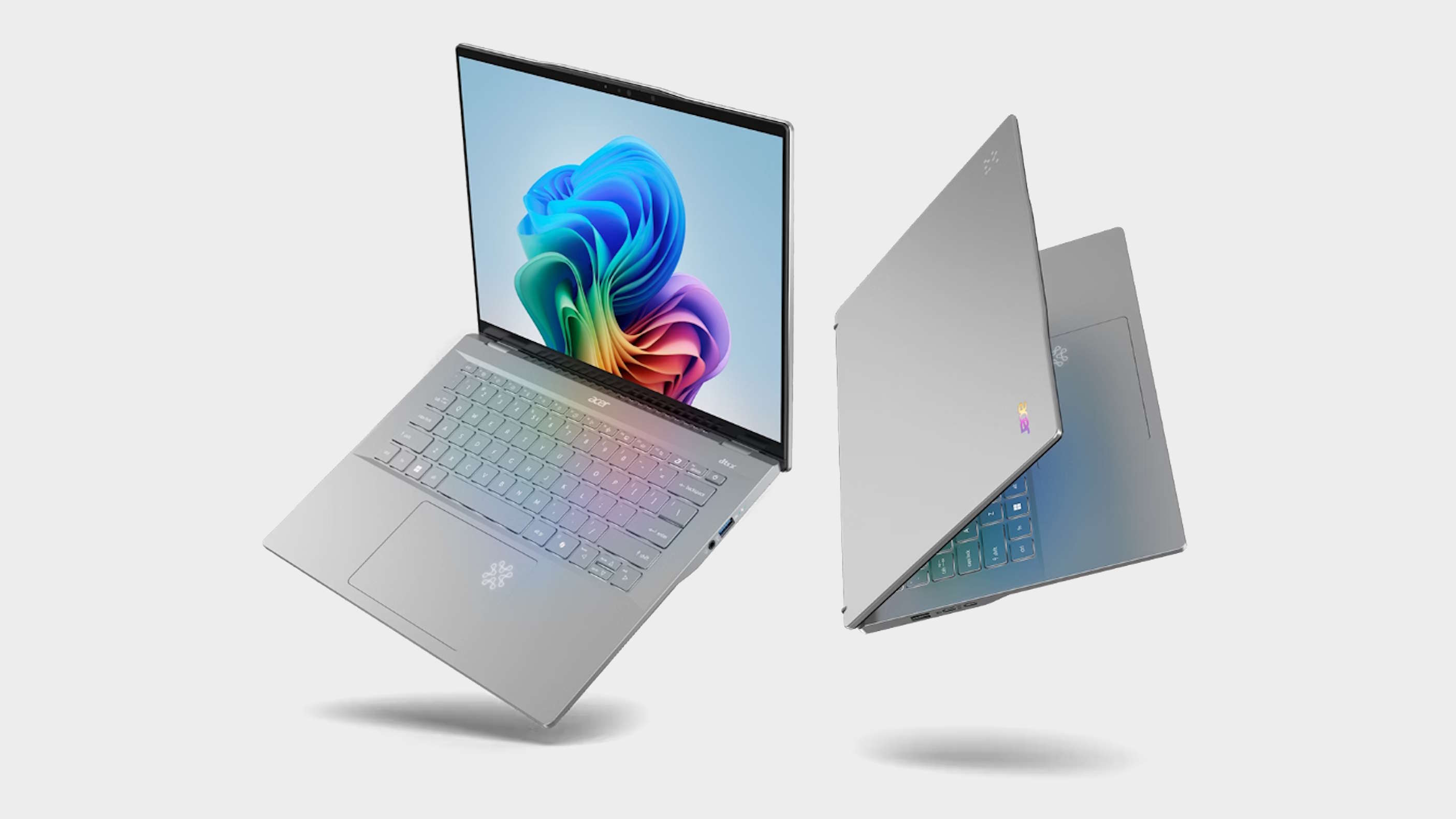
Let's go over a few of the models unveiled today in alphabetical order, beginning the Acer Swift 14 AI.
It will be available with a choice of Snapdragon X Plus or X Elite processors, up to 32GB of LPDDR5X memory, 1TB Gen 4 SSD, and a 75Wh battery, which Acer claims is 30% more efficient than the Apple M2 Max.
It'll have a 14.5-inch 2560 x 1600 120Hz IPS touchscreen, WiFi 7 and weigh just 1.36KG. Its price will start from $1,099.
The biggest gaming news, reviews and hardware deals
Keep up to date with the most important stories and the best deals, as picked by the PC Gamer team.
Asus
Asus Vivobook S 15
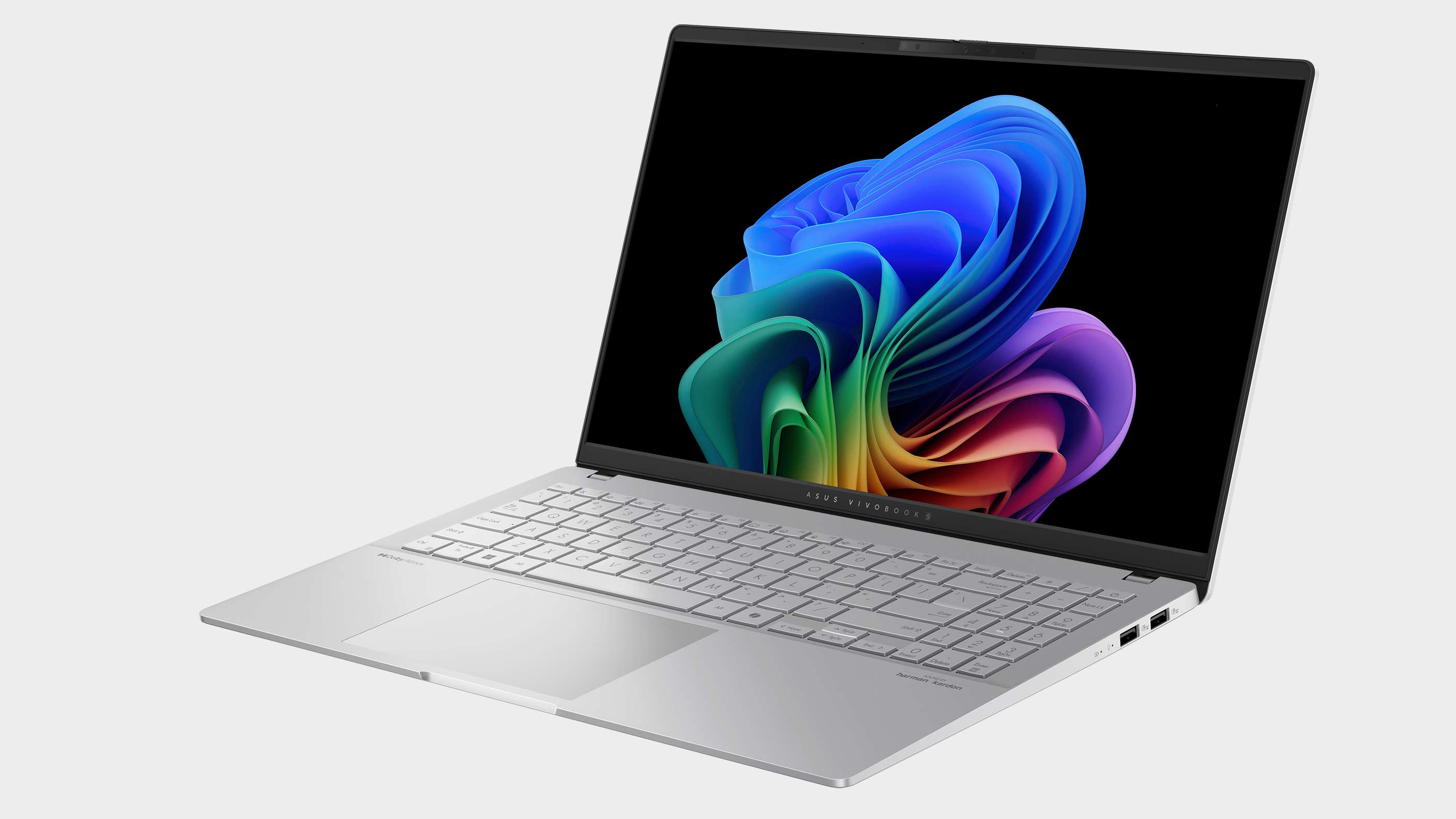
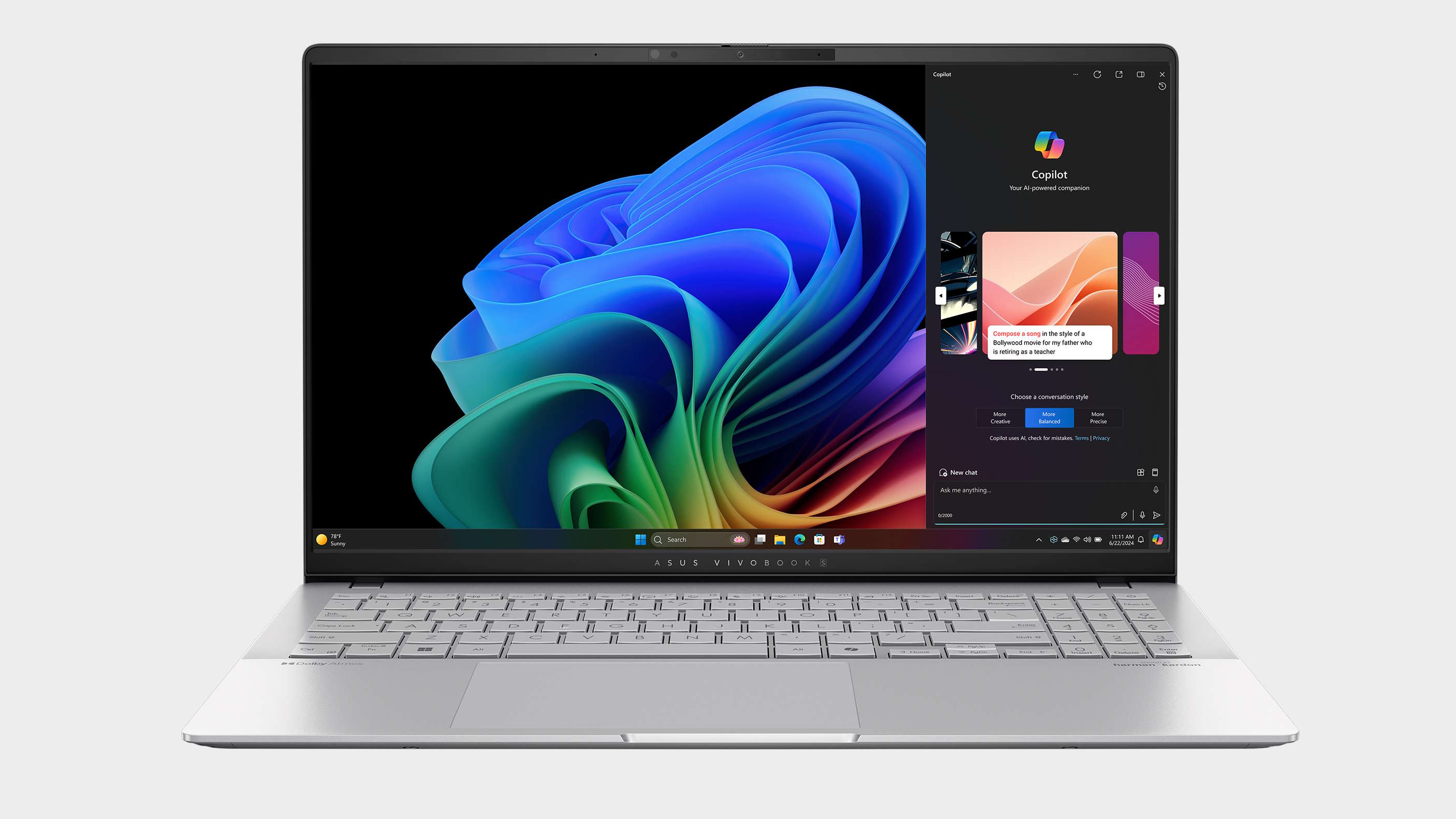
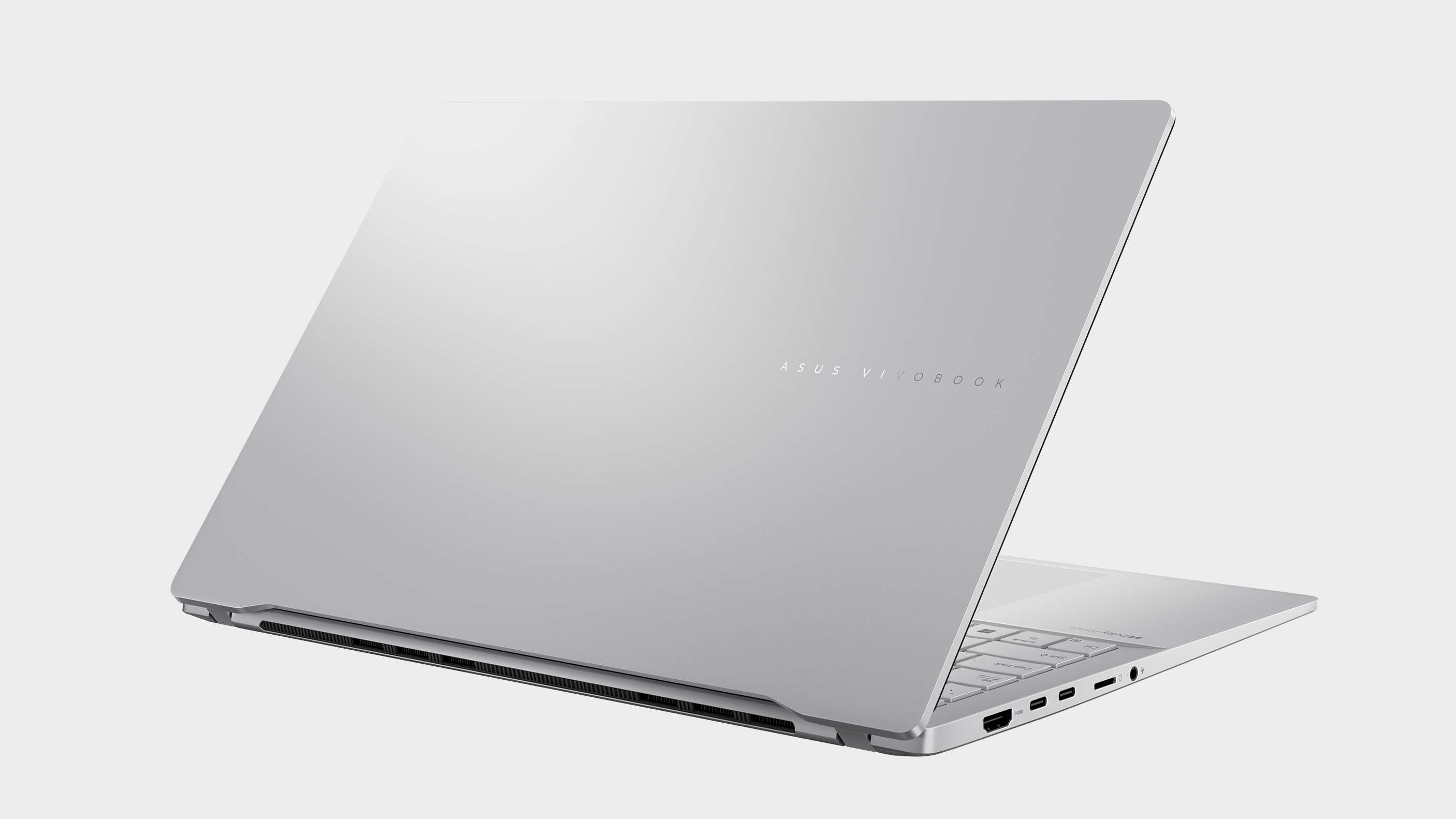
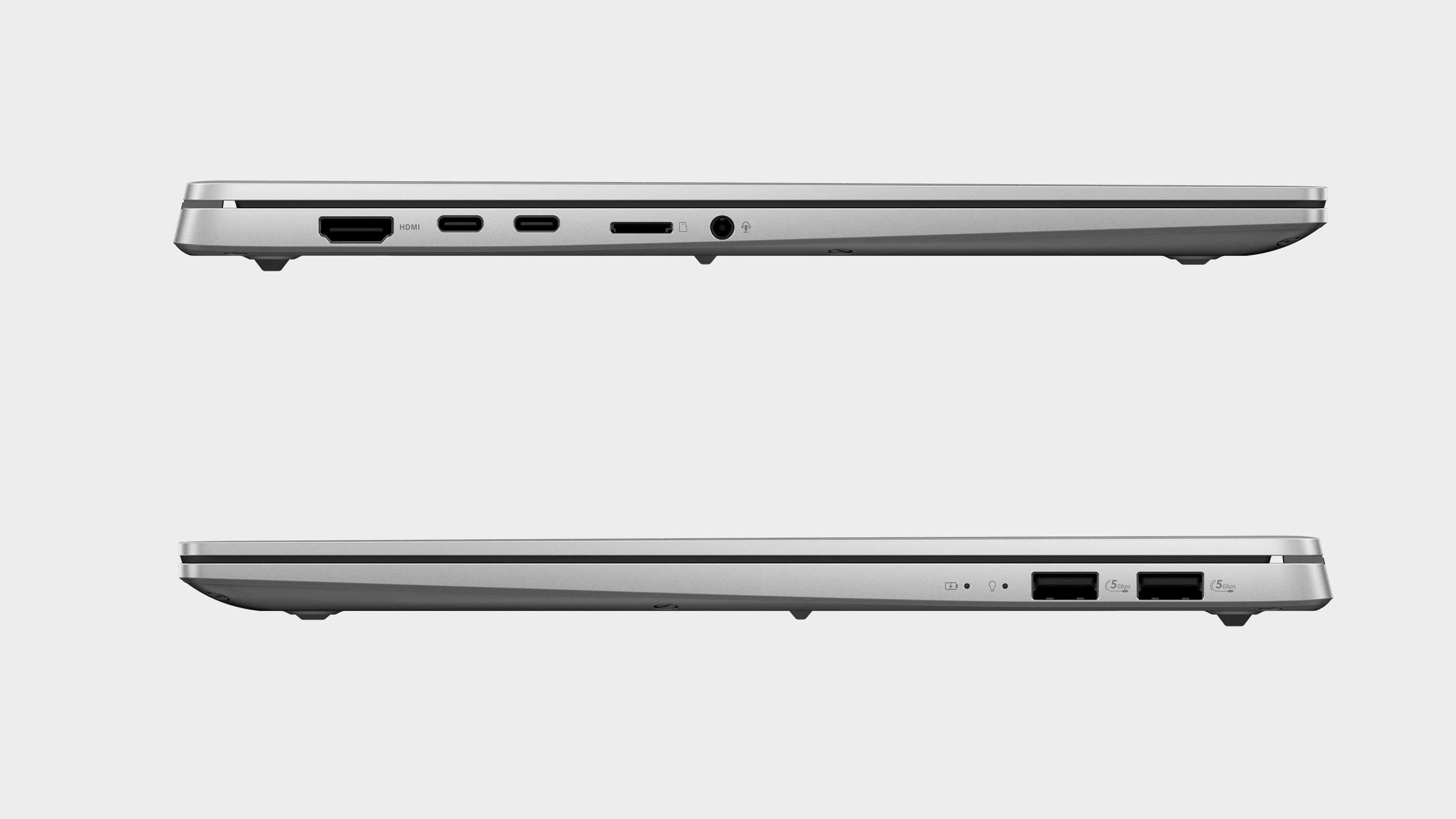
If you fancy a model with an OLED screen, then the Asus Vivobook S 15 is worth checking out. It too will come with an option of Snapdragon X Elite X1E 78 100 or Snapdragon X Plus X1P 64 100 processor, which are 12 and 10-core chips respectively. It includes one of Asus' typically lovely 2880 x 1620 OLED screens with a 120Hz refresh rate, and 100% DCI-P3 color gamut.
It comes with a 70Wh battery, WiFi 7, up to 32GB of LPDDR5X memory, and a 1TB SSD. It weighs 1.42KG. It also comes with a pair of Type-C USB 4 ports. I could not see a price for this model, but given the specs and the fact that premium Asus models are typically on the pricey side, I wouldn't expect this one to be cheap.
Dell
Dell XPS 13
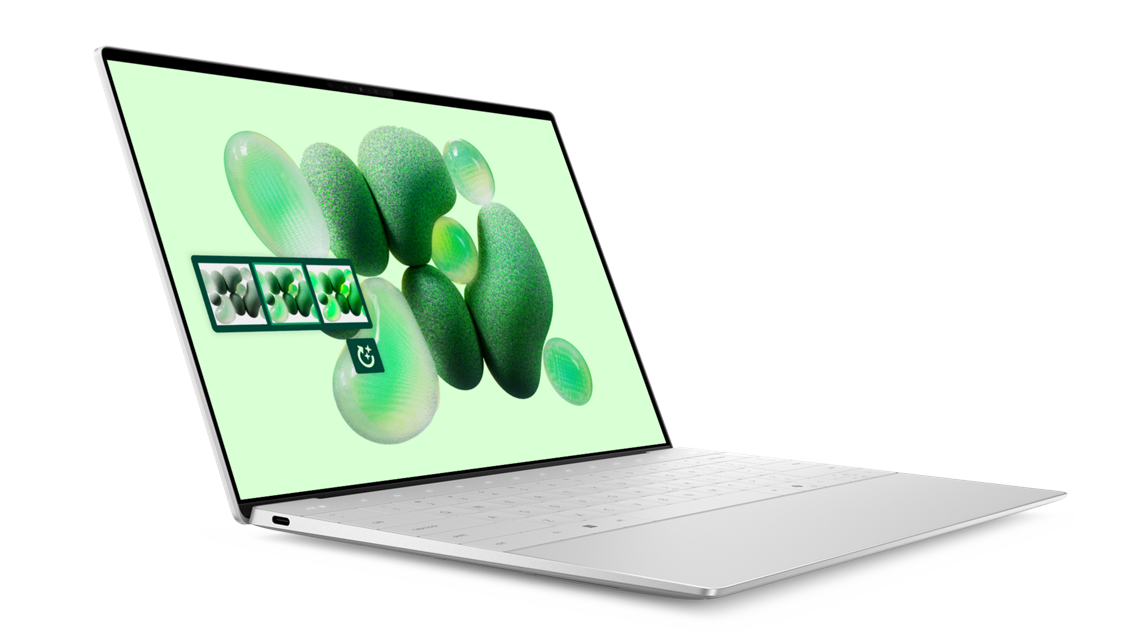
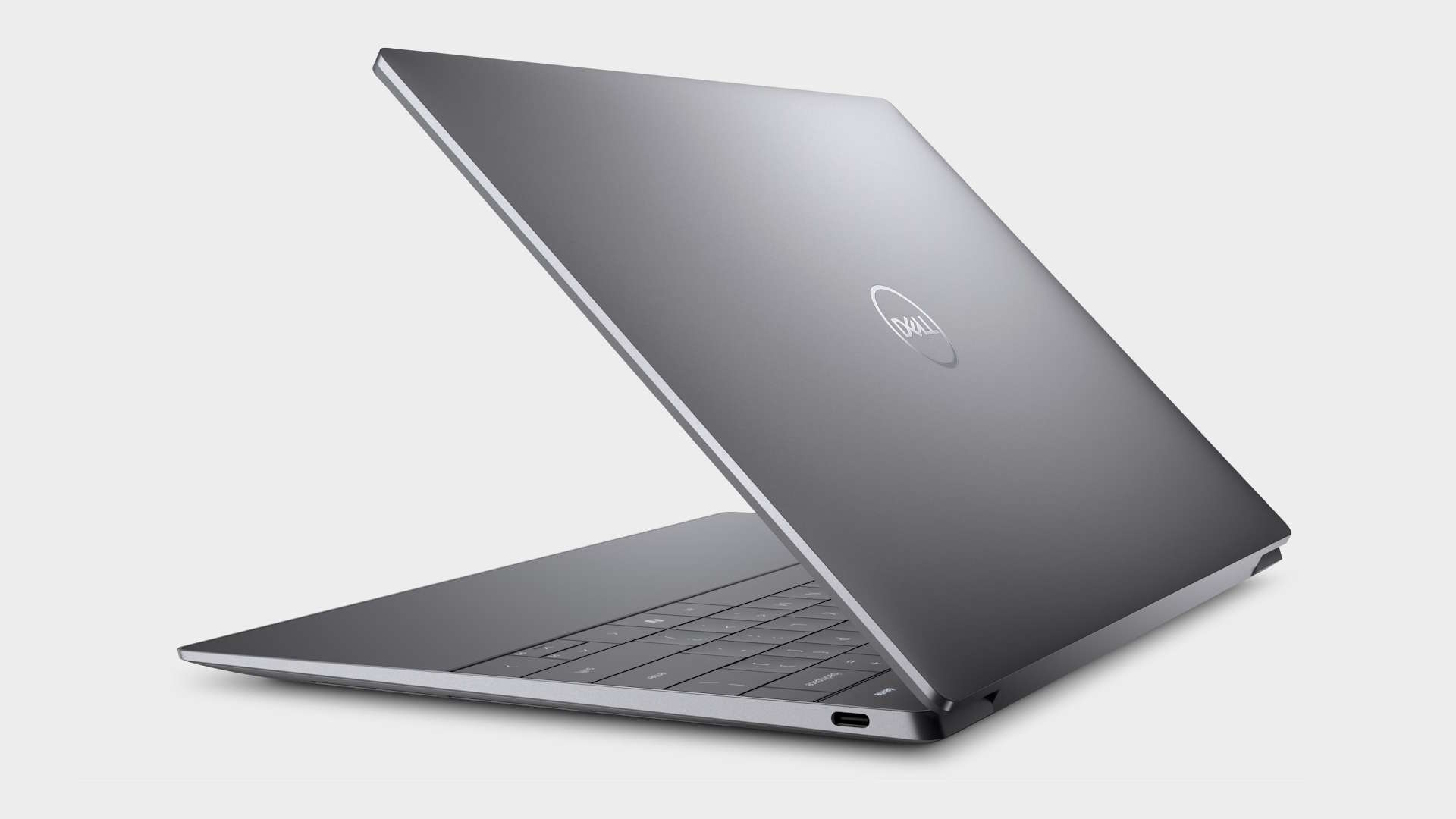
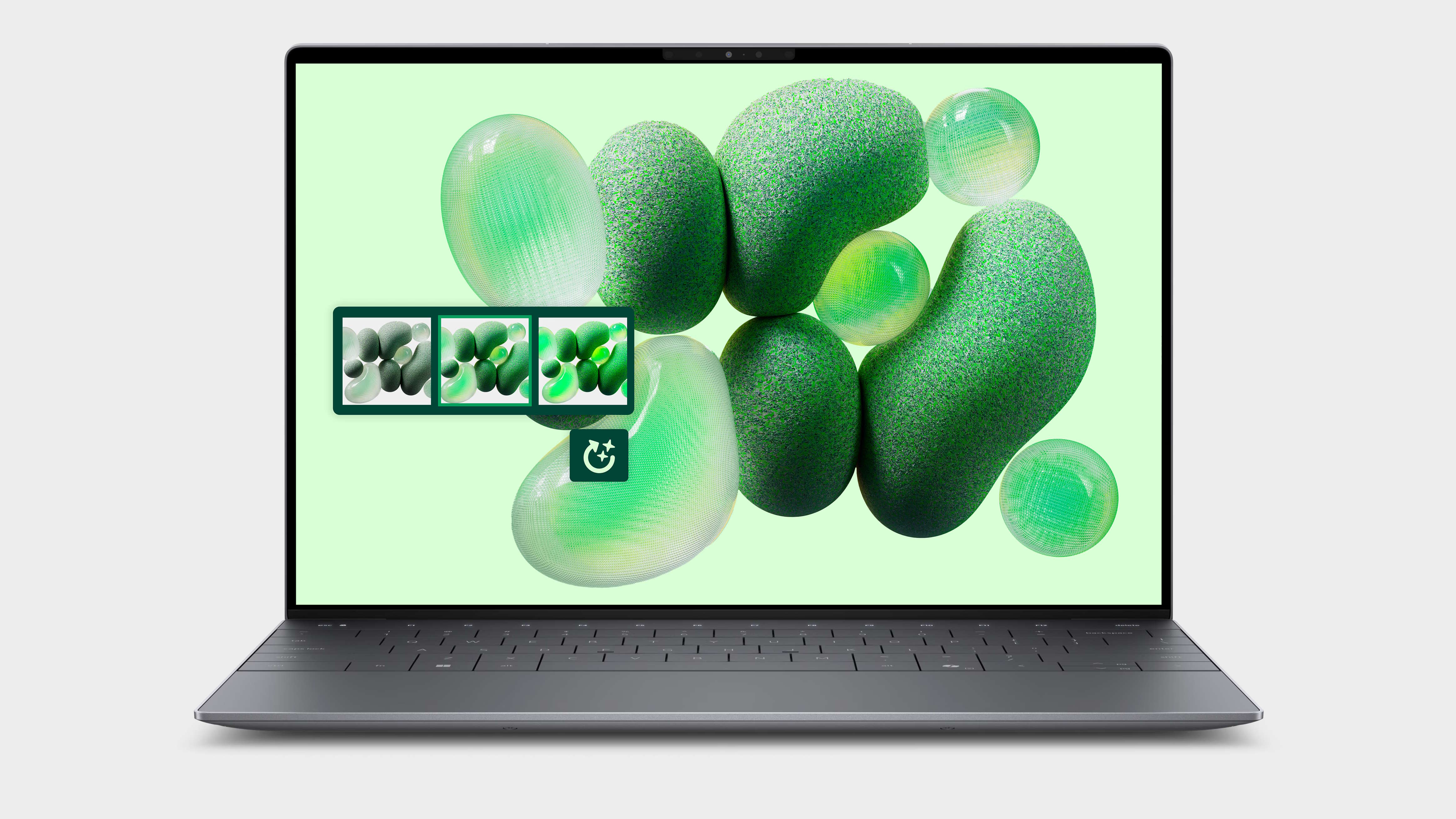
Perhaps the biggest surprise to come from this first wave of announcements is that Dell is set to release several Snapdragon X equipped models. The notoriously Intel-friendly Dell isn't just releasing Inspiron and Latitude models, it's preparing a high spec XPS variant too. Even AMD hasn't found its way into an XPS unit, despite having competitive laptop chips for several years.
The Snapdragon equipped Dell XPS 13 should end up similar in spec and build to the highly regarded Intel version. It should address the latter's key drawbacks, which is a less-than-stellar battery life and occasional thermal throttling under heavy loads.
Expect all the other XPS goodies though, including an option with an OLED touch screen, gorgeous finish and good quality keyboard and touchpad. It's the kind of unit I'd be happy to own, but like most premium XPS models, it's not cheap, starting at $1,299.
Dell is working on three other Snapdragon X models—a pair of Inspiron 14 models, and the Latitude 7455. Prices and a release date for the models has yet to be announced.
HP
HP OmniBook X
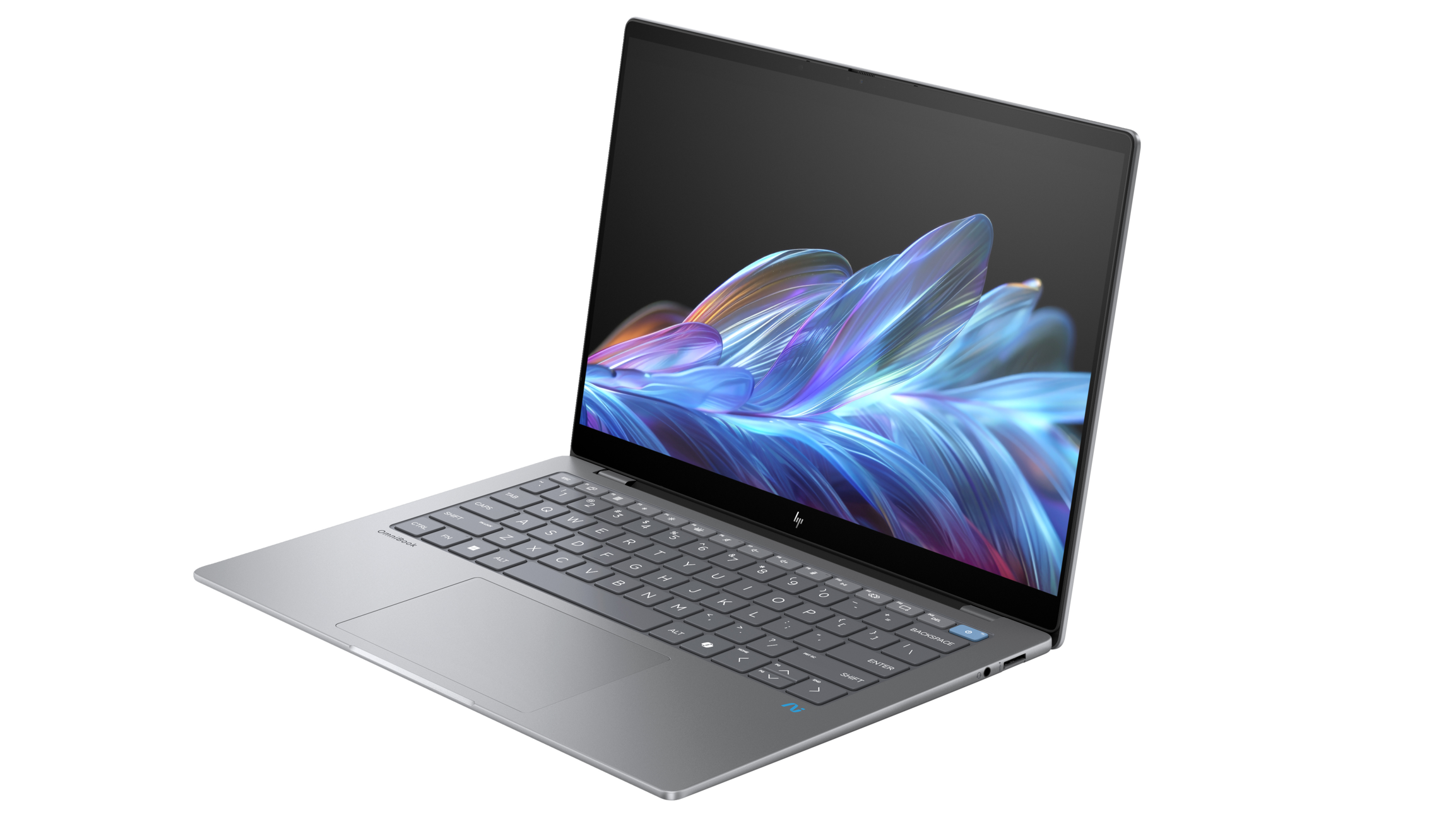
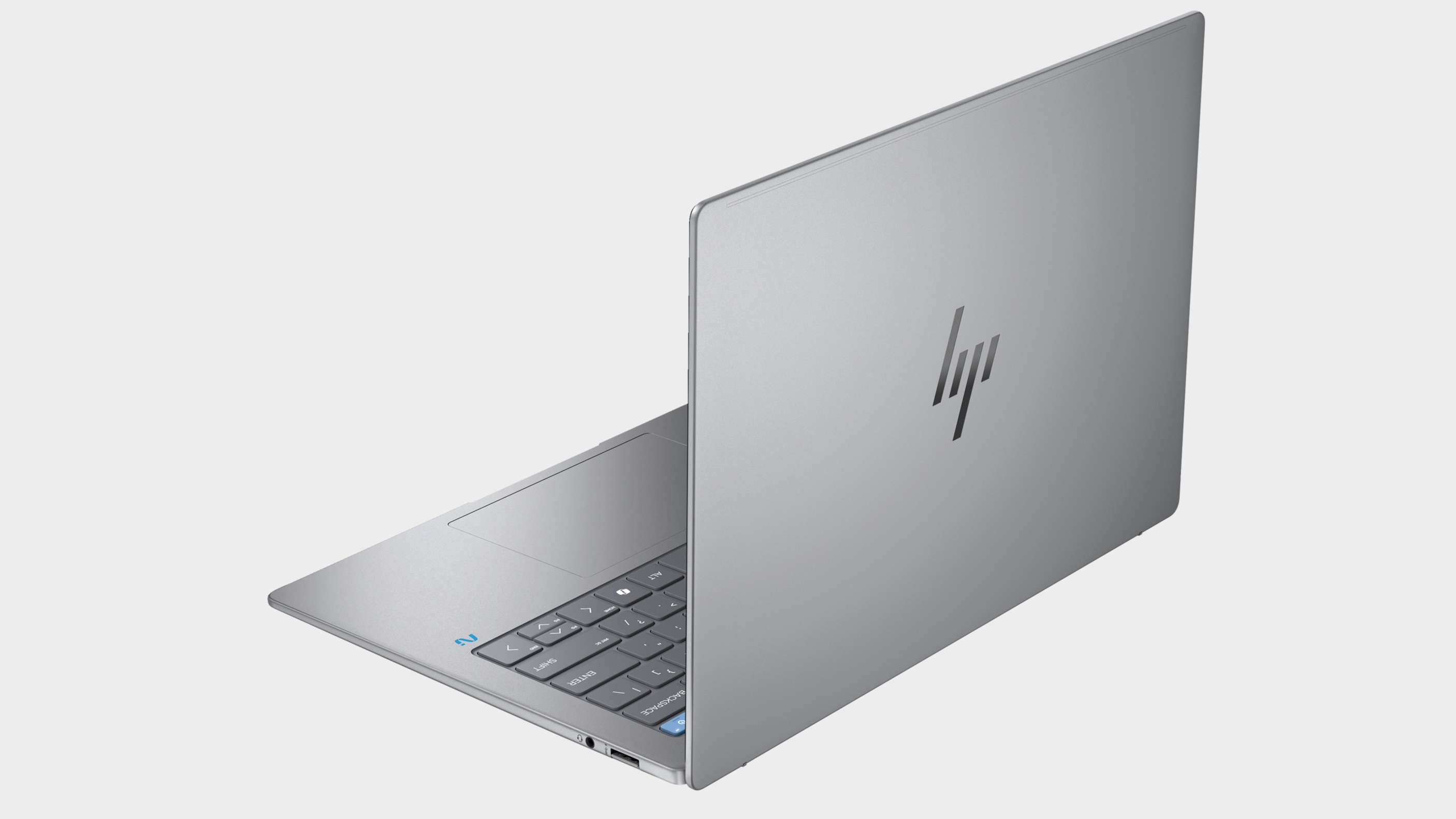
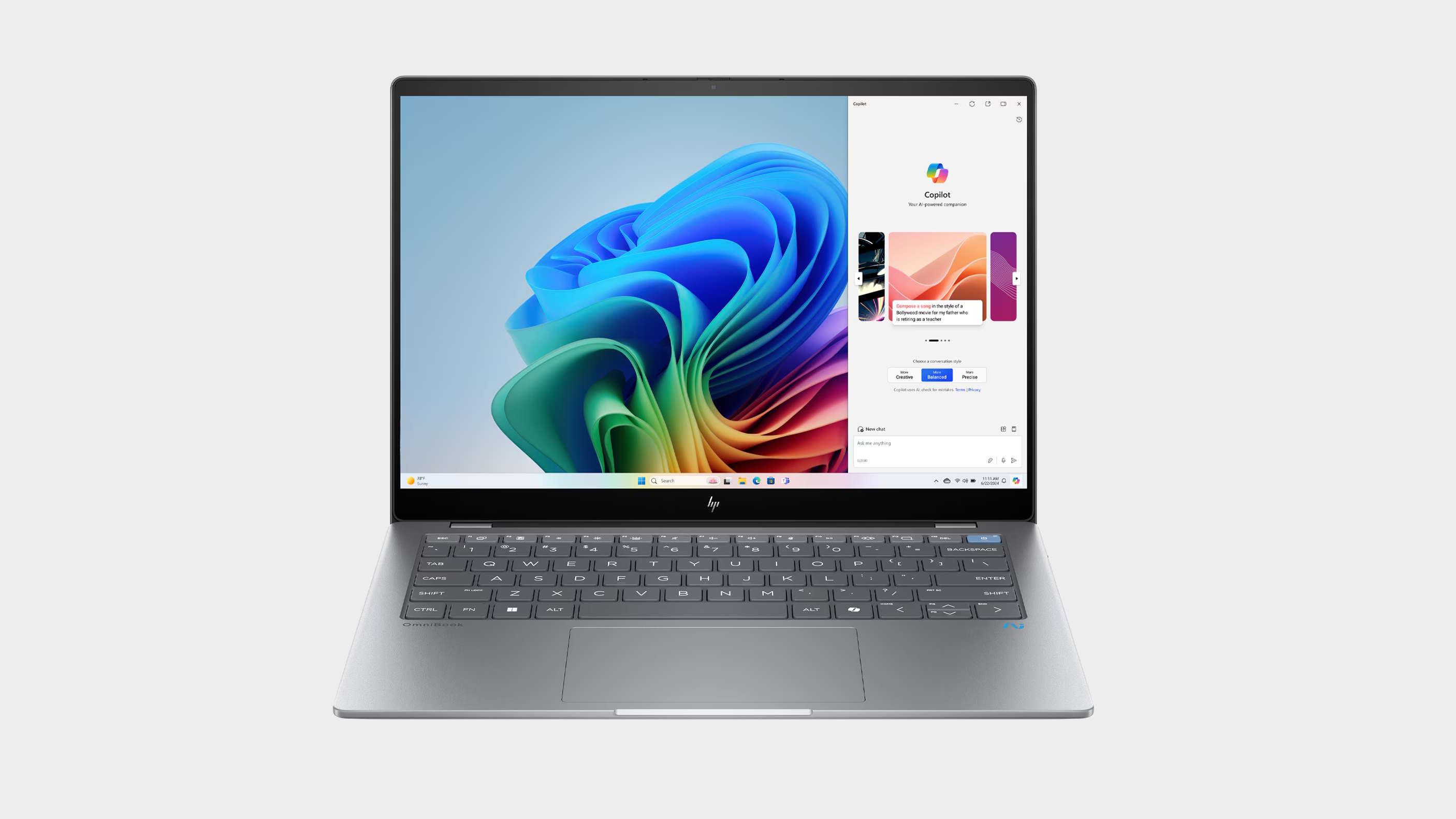
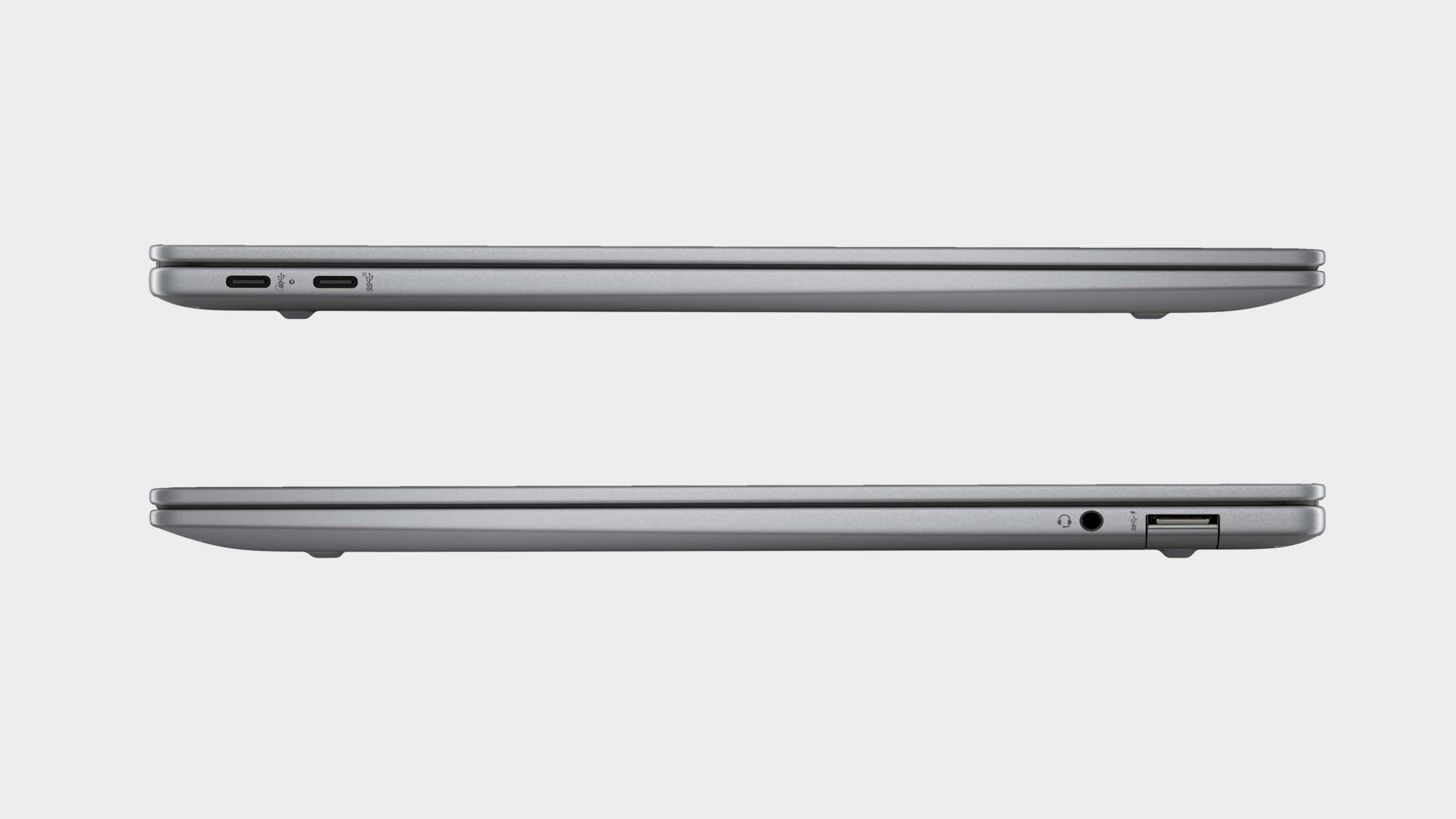
Next up is HP. It has announced the OmniBook X AI and EliteBook Ultra AI. The Omnibook X starts from $1,299 and will ship after June 18. It includes the 12-core Snapdragon X Elite, and comes with 16GB of LPDDR5X, and a 1TB SSD.
Thin and light is a definite trend with these new Copilot+ laptops, and the OmniBook X weighs in at 1.35KG. Other key specs include WiFi 7, a 2240 x 1400 IPS touch screen, and support for USB 4.
The EliteBook is a more business oriented solution and starts from a hefty $1,699, even though its key specs appear very similar to the OmniBook. It includes some security options that are generally unnecessary on consumer units.
Lenovo
Lenovo Yoga Slim 7x
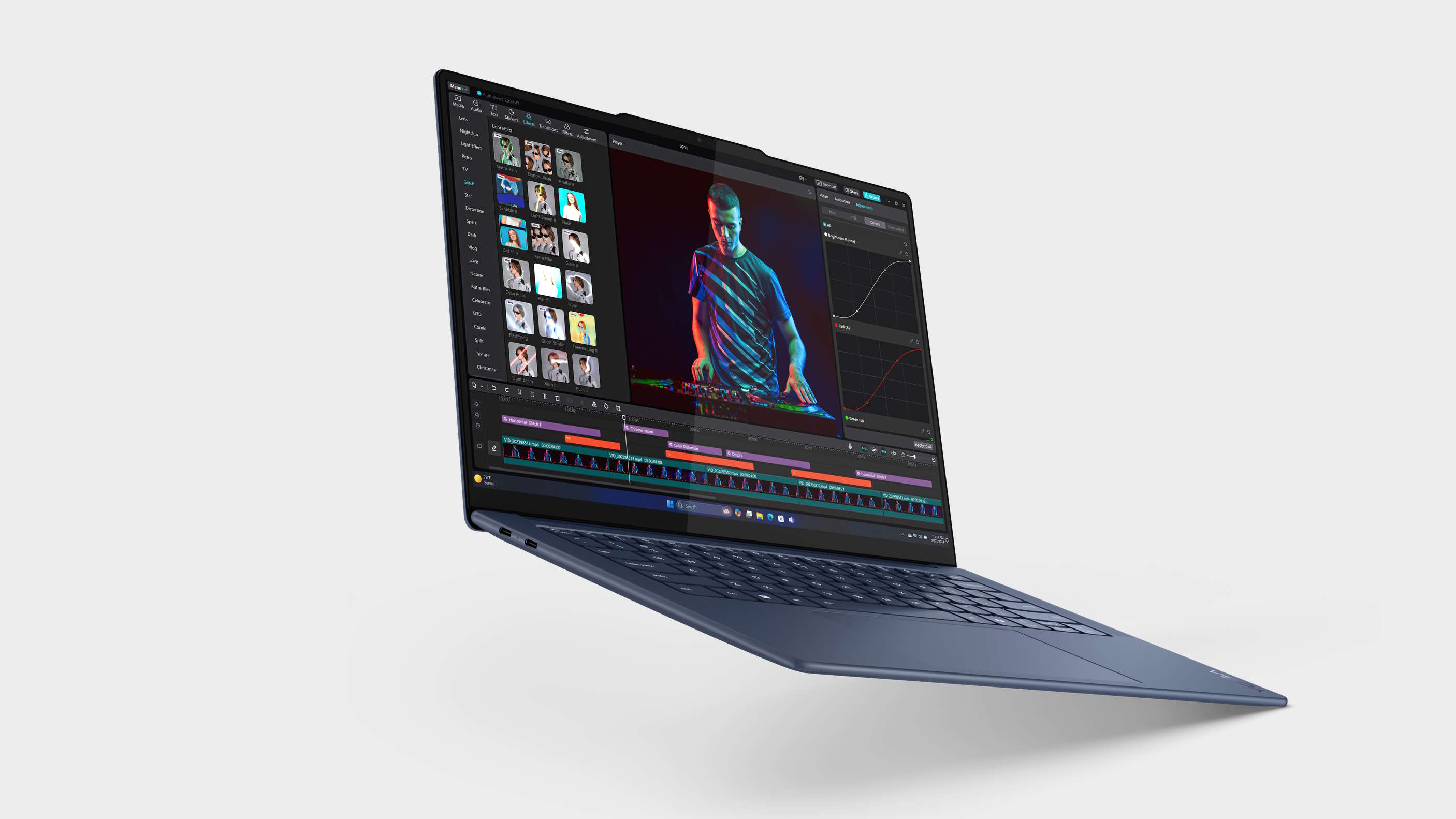
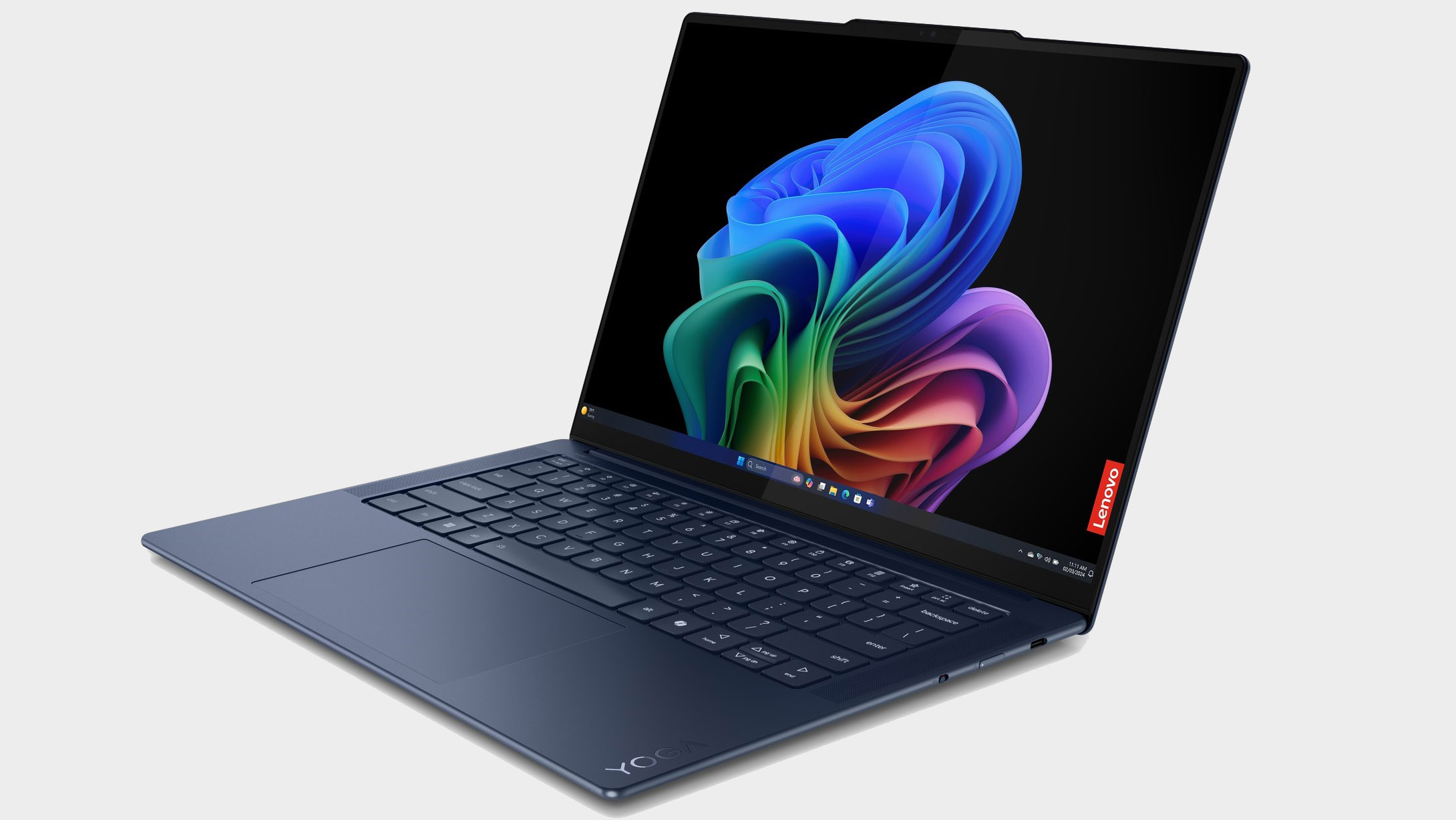
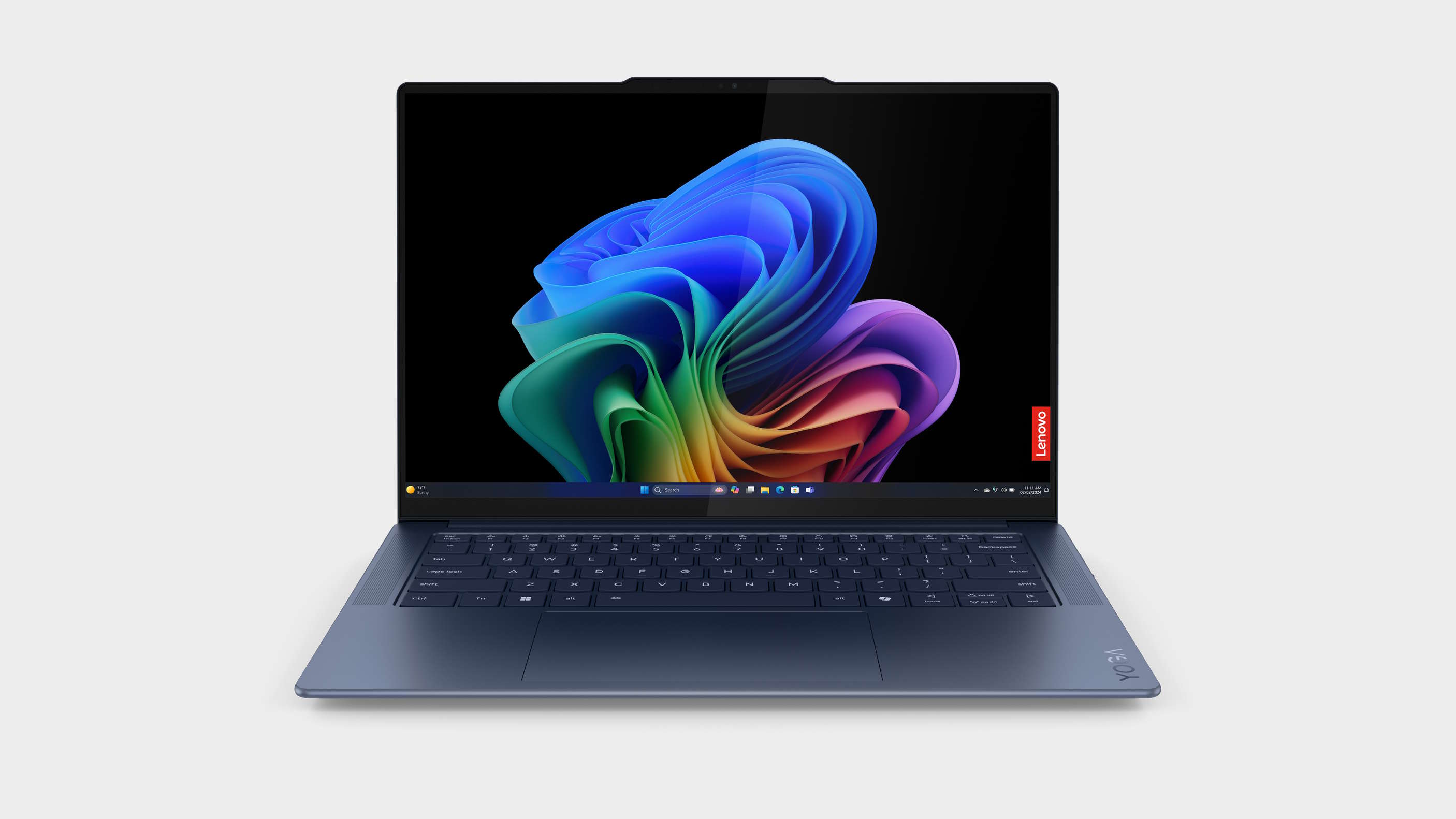
The Lenovo Yoga Slim 7x appeals to me, personally. It will launch in June starting from $1,199. At just 1.28KG, with a 14.5-inch 2944 x 1840 OLED touch screen with HDR 1000 and 100% P3 and sRGB coverage, it's very likely to be a gorgeous and highly portable laptop that i'd love to use.
It'll be available with up to 32GB of LPDDR5X and a 1TB SSD. It's a 2242 size drive, not the more common 2280 one. Add to that a three Type-C USB 4 ports, WiFi 7, and this one does look appealing indeed.
It will be joined by the ThinkPad T14S Gen 6, and will be priced from $2,699. Curiously, it comes with an inferior screen and a smaller 58Wh battery, though as a business laptop, it comes with an extended set of security features.
Microsoft
Microsoft Surface
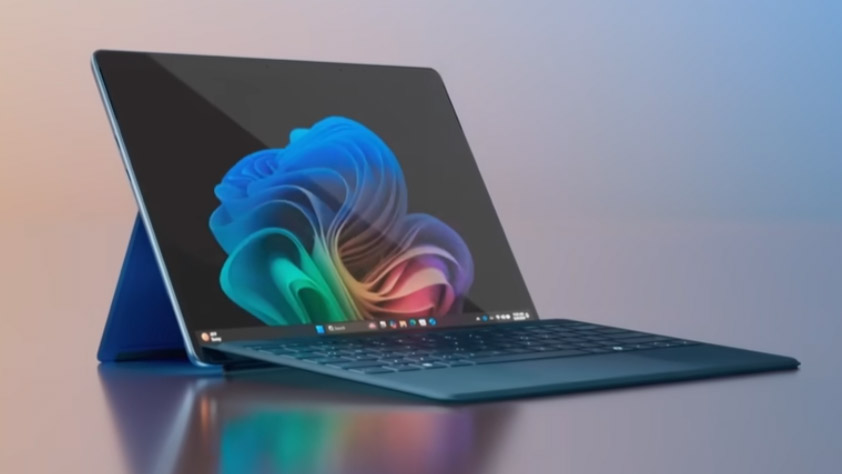
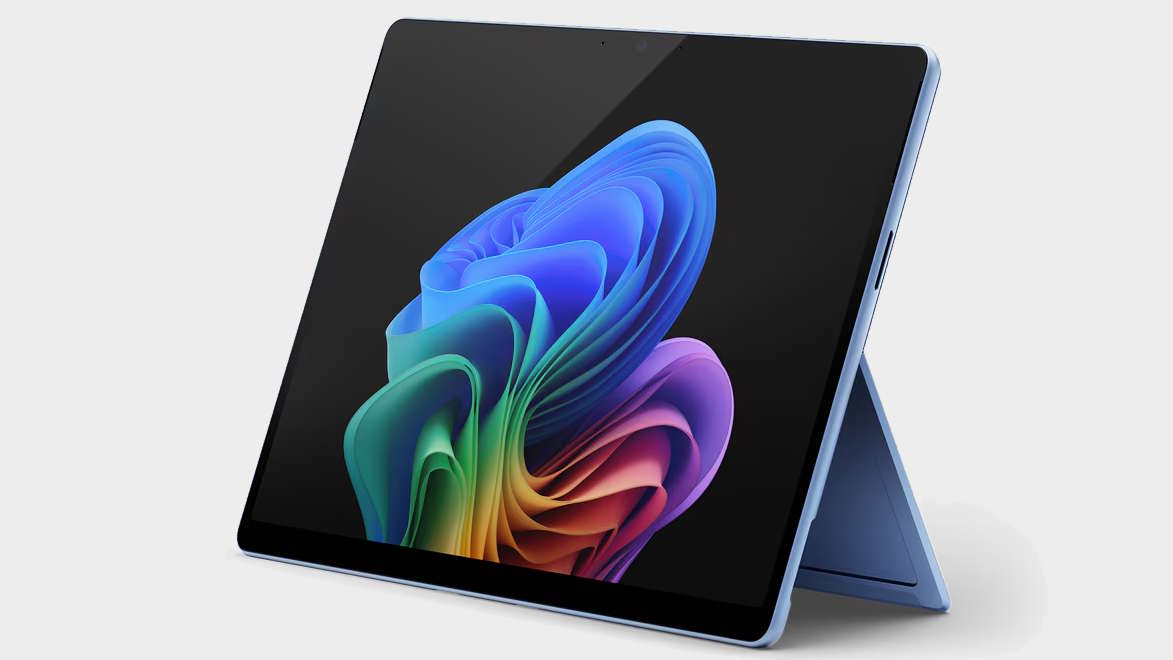
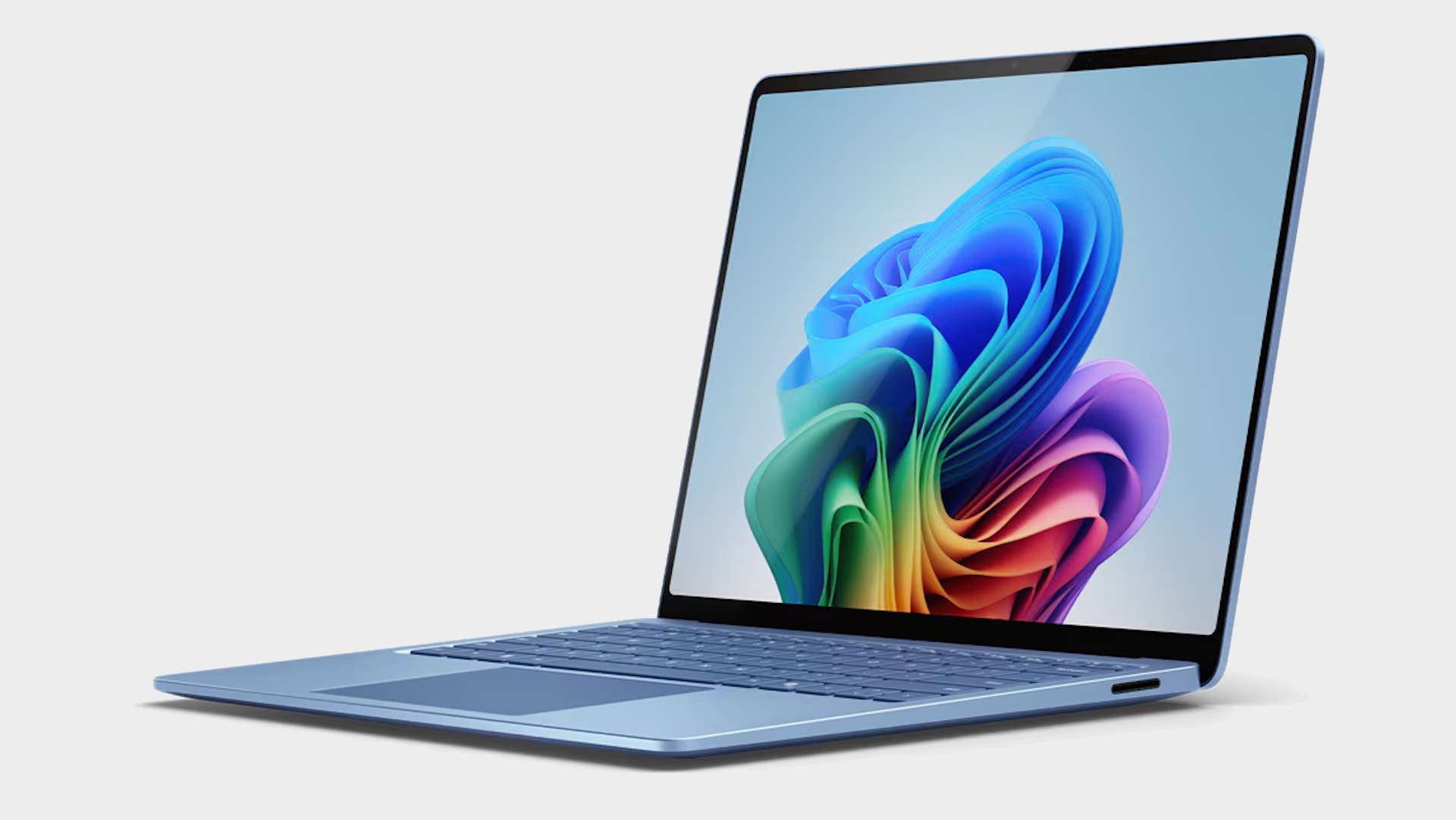
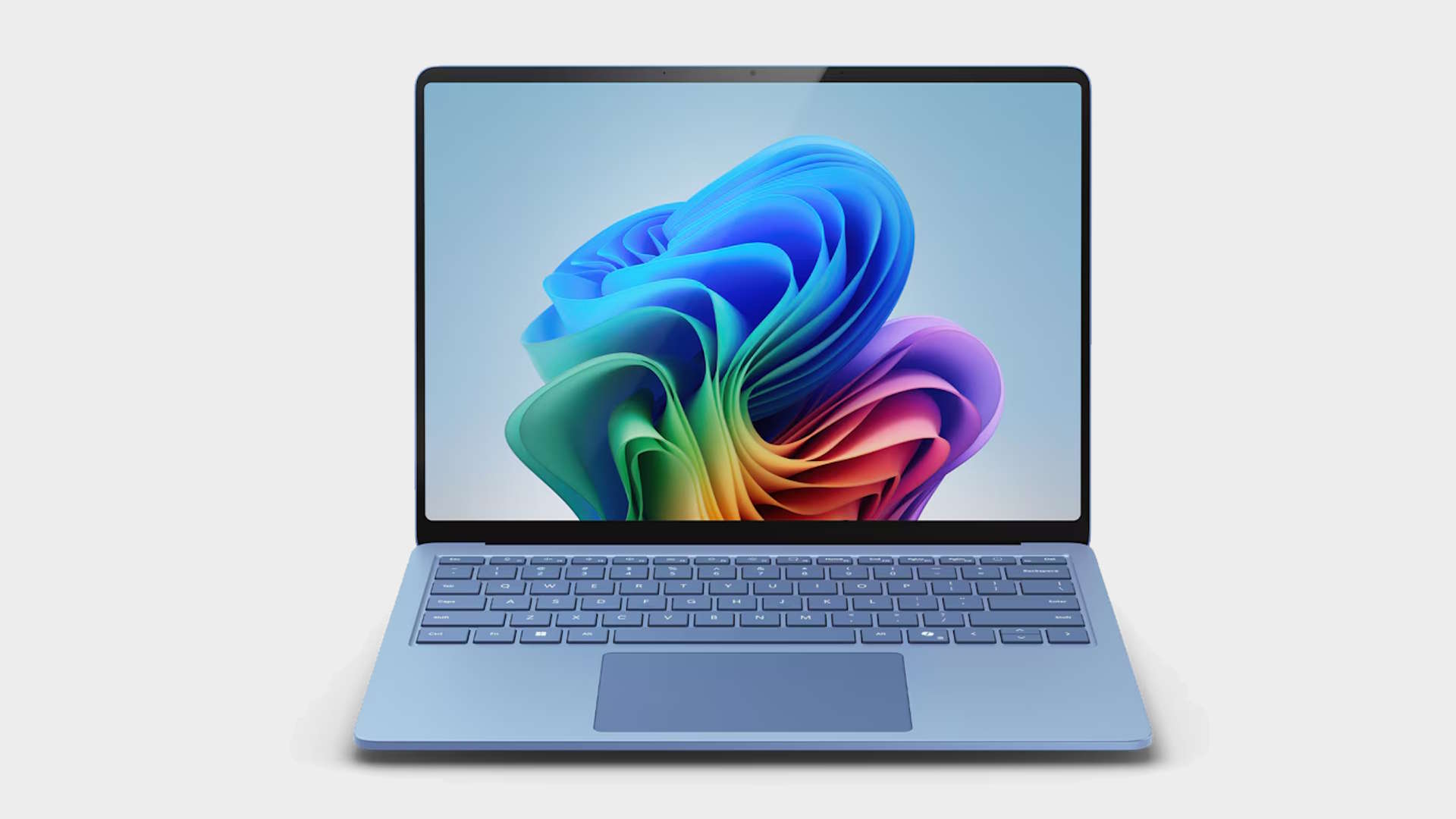
As the driver of the Copilot+ ecosystem, its not surprising Microsoft has come out with a new Surface line-up.
The Surface Pro is the 2-in-1 option, and it starts from $999, though the more expensive options quickly add to that entry price. At just 895 grams, it doesn't get much more portable than that. It still manages to pack in up to 32GB of LPDDR5X, a 1TB SSD, WiFi 7, USB 4, and Thunderbolt 4. That sounds like my kind of 'tablet'.
There are two screen options, both appear to be broadly similar, apart from one being an OLED screen, and the other an LCD. Both are 13-inches, with a 2880 x 1920 resolution and 120Hz refresh rate.
The Surface Laptop starts at $1,299 and is a bit bigger, with 13.8-inch and 15-inch options. It's a bit heavier than the Surface Pro as you'd expect, but it does have a bigger battery and hence a longer life. Microsoft claims up to 22 hours of video playback. Not bad at all!
Samsung
Samsung Galaxy Book4 Edge
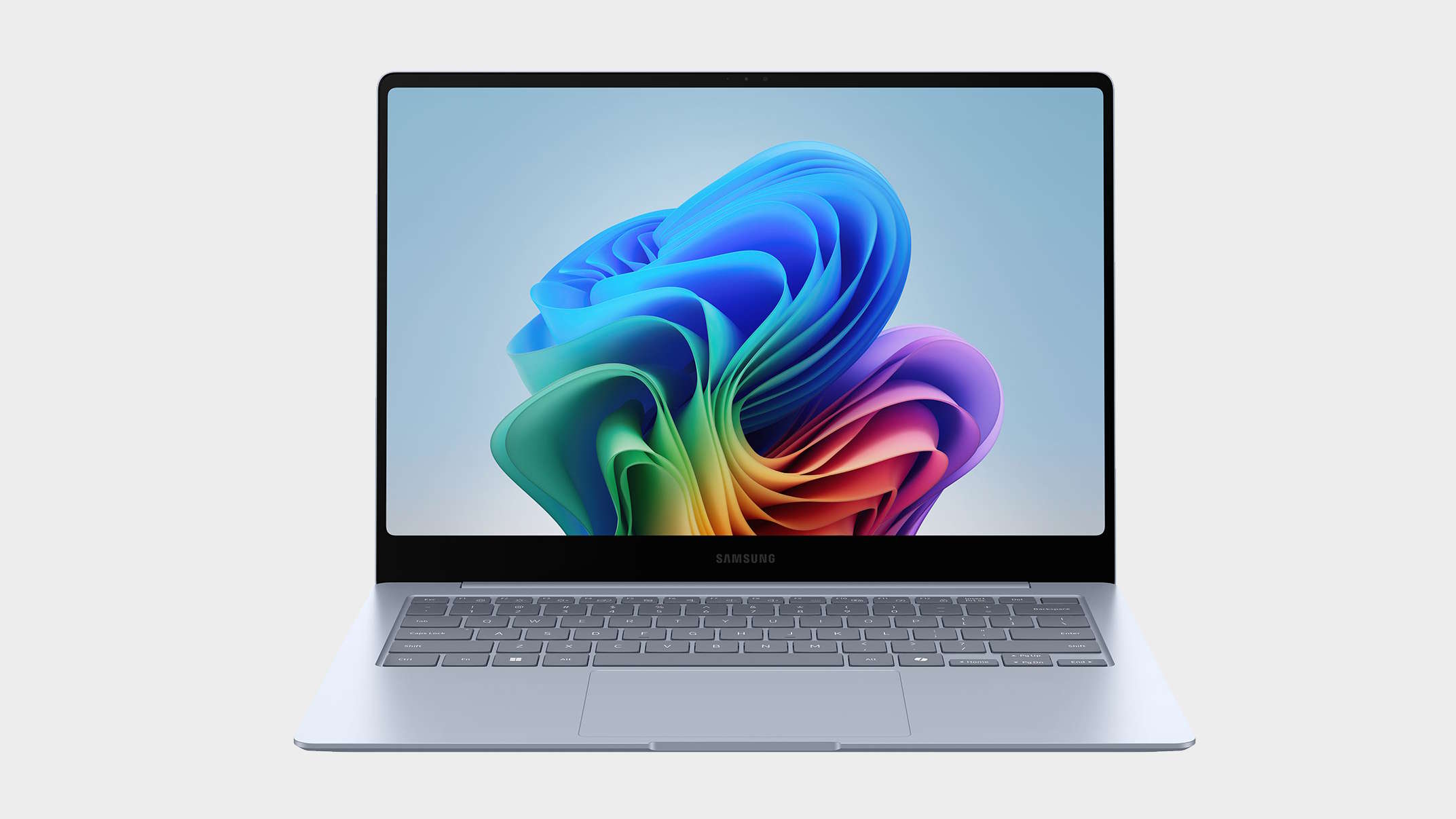
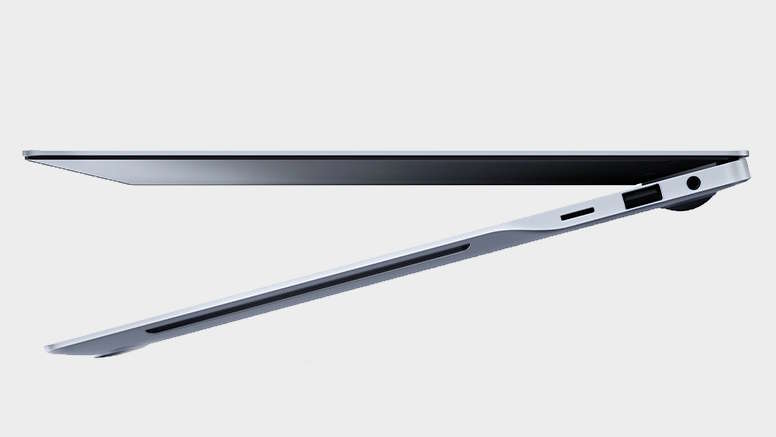
The new Samsung Galaxy Book4 comes in a few flavours, starting at $1,350 with the 12-core Snapdragon X Elite, in either 3.8GHz and 3.4GHz trim. You can also pick either a 14-inch or 16-inch touchscreen 3K AMOLED 2X panel, which means a 2880 x 1800 resolution.
The memory options seem pretty light compared with the other machines announced this week, with just 16GB of LPDDR5X available and 512GB of storage for the 14-inch model and a choice of either 512GB or 1TB SSDs for the 16-incher.
You get different batteries, too, with the smaller machine coming with a 55.9Wh battery touting up to 18 hours of battery life, or a 61.8Wh battery on the 16-inch machine delivering up to 22 hours.
The two Galaxy Book4 Edge machines are pretty lightweight, too, coming in at just 1.19 kg for the 14-inch and 1.54 kg for the bigger 16-inch laptop. Samsung really wants you to pre-order, too, as it's offering a $380 early bird discount and a 50-inch 4K TV in the bargain.
As ever, though, we still recommend against any pre-orders until you get some independent tests coming out to see if the hardware is actually any good. We're excited about the Snapdragon chips, but we're still wary of how well they'll perform with native x86 apps under emulation, and are still cautious about whether they can truly replace an Intel or AMD Windows device.

Chris' gaming experiences go back to the mid-nineties when he conned his parents into buying an 'educational PC' that was conveniently overpowered to play Doom and Tie Fighter. He developed a love of extreme overclocking that destroyed his savings despite the cheaper hardware on offer via his job at a PC store. To afford more LN2 he began moonlighting as a reviewer for VR-Zone before jumping the fence to work for MSI Australia. Since then, he's gone back to journalism, enthusiastically reviewing the latest and greatest components for PC & Tech Authority, PC Powerplay and currently Australian Personal Computer magazine and PC Gamer. Chris still puts far too many hours into Borderlands 3, always striving to become a more efficient killer.

